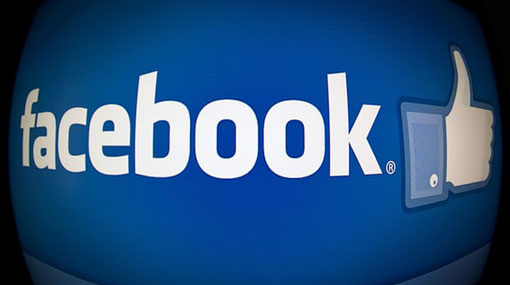UN says Facebook is accelerating ethnic violence in Myanmar
March 13, 2018 05:59 pm
The United Nations has warned that Facebook’s platform is contributing to the spread of hate speech and ethnic violence in crisis hit Myanmar.
It’s yet another black mark against social media at a time when the tech industry’s reputation as an accelerator of false information is attracting criticism from the highest places.
This week the government of Sri Lanka also sought to block access to Facebook and two other of its social services, WhatsApp and Instagram, in an attempt to stem mob violence against its local Muslim minority — citing inflammatory social media posts.
“These platforms are banned because they were spreading hate speeches and amplifying them,” a government spokesman told the New York Times.
India has also struggled for years with false information being spread by social media platforms like WhatsApp then triggering riots, communal violence and even leading to deaths.
While humans telling lies is nothing new, the speed at which misinformation and disinformation can now spread, thanks to digitally networked communities linked on social media, is.
Moderating that risk is the challenge big tech platforms stand accusing of failing.
UN human rights experts investigating a possible genocide in Rakhine state warned yesterday that Facebook’s platform is being used by ultra-nationalist Buddhists to incite violence and hatred against the Rohingya and other ethnic minorities.
A security crackdown in the country last summer led to around 650,000 Rohingya Muslims fleeing into neighboring Bangladesh. Since then there have been multiple reports of state-led violence against the refugees, and the UN has been leading a fact-finding mission in the country.
Yesterday, chairman of the mission, Marzuki Darusman, told reporters that the social media platform had played a “determining role” in Myanmar’s crisis (via Reuters).
Darusman said Facebook has “substantively contributed to the level of acrimony and dissension and conflict” within the public sphere. “Hate speech is certainly of course a part of that,” he continued, adding: “As far as the Myanmar situation is concerned, social media is Facebook, and Facebook is social media.”
In Myanmar, Ashin Wirathu, an ultranationalist Buddhist monk who preaches hate against the Rohingya, has been able to build up large followings on social media — using Facebook to spread divisive and hate-fueling messages.
Speaking to reporters yesterday, UN investigator Yanghee Lee, described Facebook as a huge part of public, civil and private life in Myanmar, noting it is used by the government to disseminate information to the public.
However she also flagged how the platform has been appropriated by ultra-nationalist elements to spread hate against minorities.
In the case of Wirathu, Facebook has sometimes removed or restricted his pages — but does not appear to have done enough.
“Everything is done through Facebook in Myanmar,” said Lee. “It was used to convey public messages but we know that the ultra-nationalist Buddhists have their own Facebooks and are really inciting a lot of violence and a lot of hatred against the Rohingya or other ethnic minorities.”
“I’m afraid that Facebook has now turned into a beast, and not what it originally intended,” she added.
We reached out to the company with questions but at the time of writing Facebook had not responded.
For years Myanmar’s military dictatorship entirely controlled and censored the press but in 2011 it began what was billed as a gradual democratic transition — which included opening up to new media services such as Facebook. And the platform essentially went from ground zero to becoming the most important information source in Myanmar in a handful of years.
Local Facebook users are now thought to number over 30 million.
But as uptake ballooned, human rights groups sounded alarms over how Facebook is being used to spread hate speech and stoke ethnic violence.
Last year New York Times reporter, Paul Moyer, also warned that government Facebook channel were being used to spread anti-Rohingya propaganda — implying the platform has also been appropriated as a citizen control tool by the state seeding its own propaganda.
And while states maliciously misappropriating social media to foster hate against their own citizens may not be a problem in every country where the tech industry operates, social media platforms amplifying hate speech is certainly a universal concern — from Asia, to Europe, to America.
Source: TechCrunch











